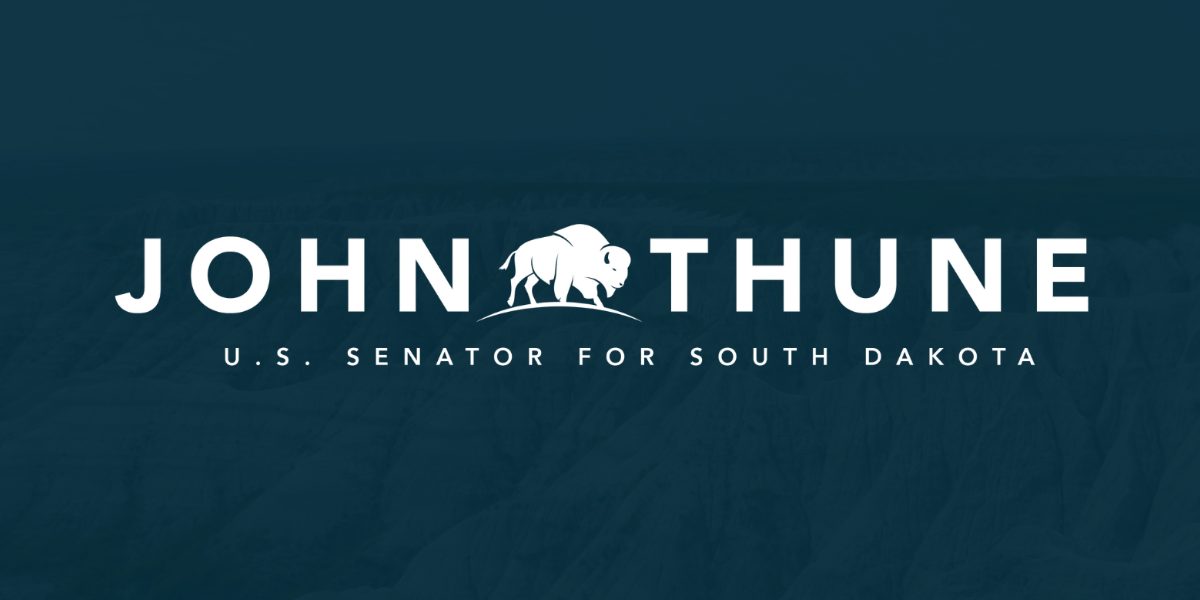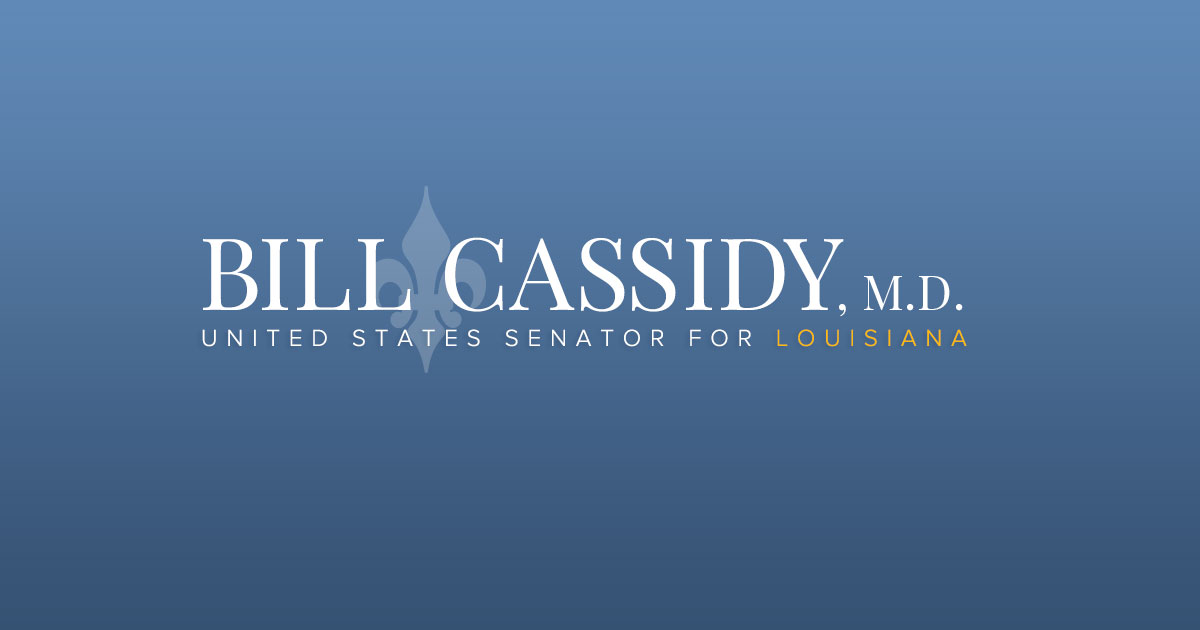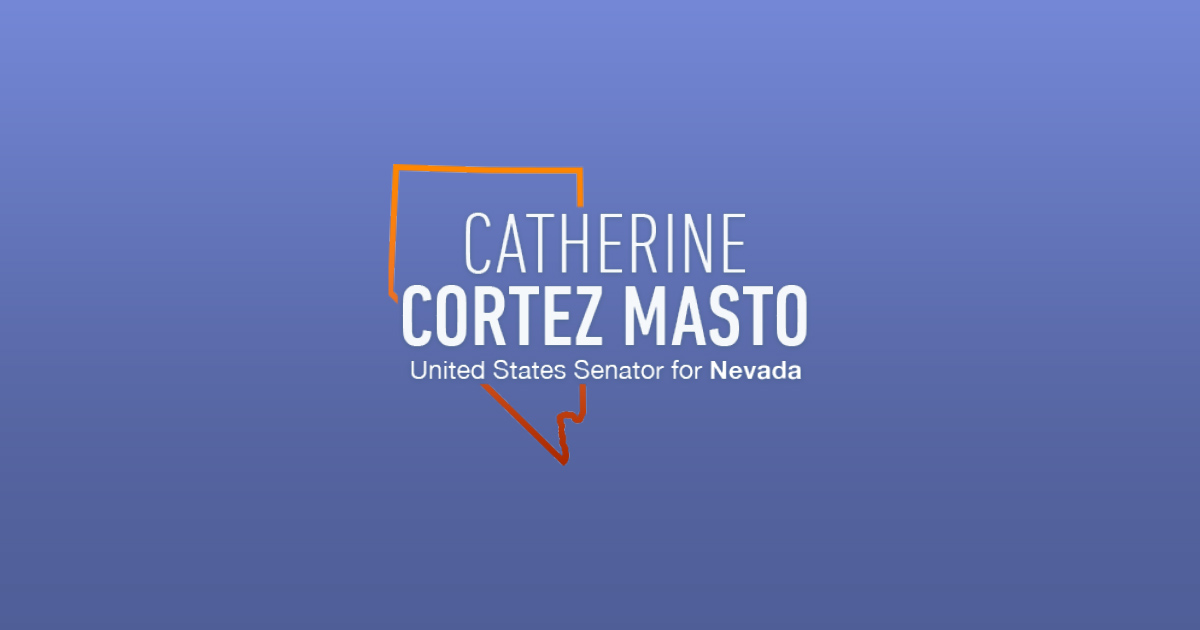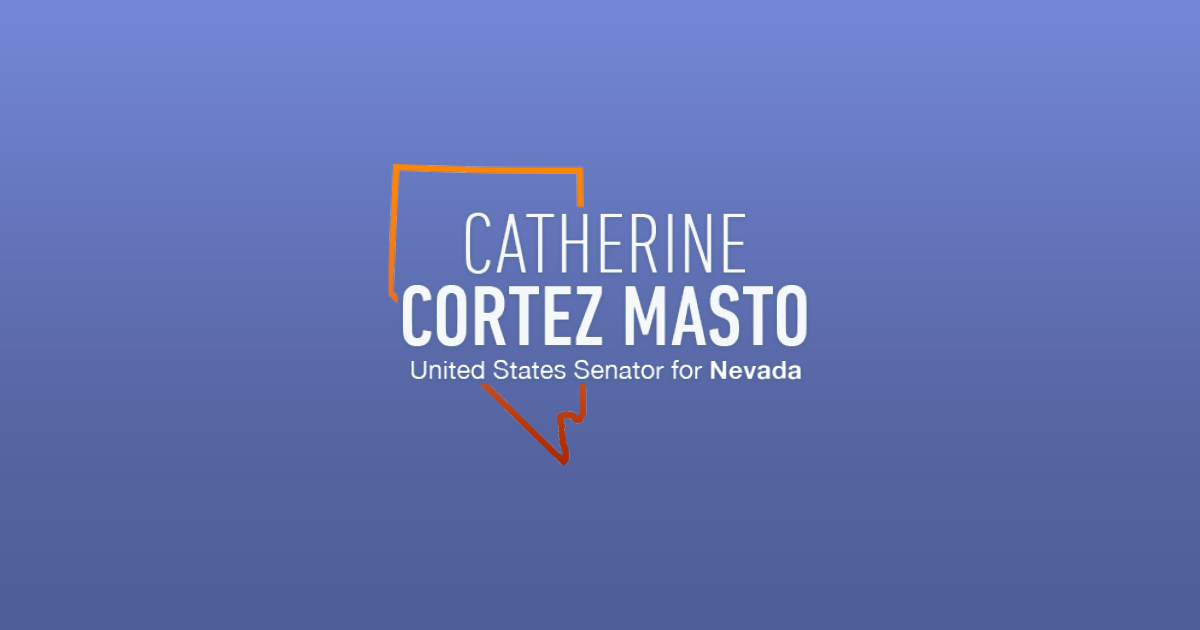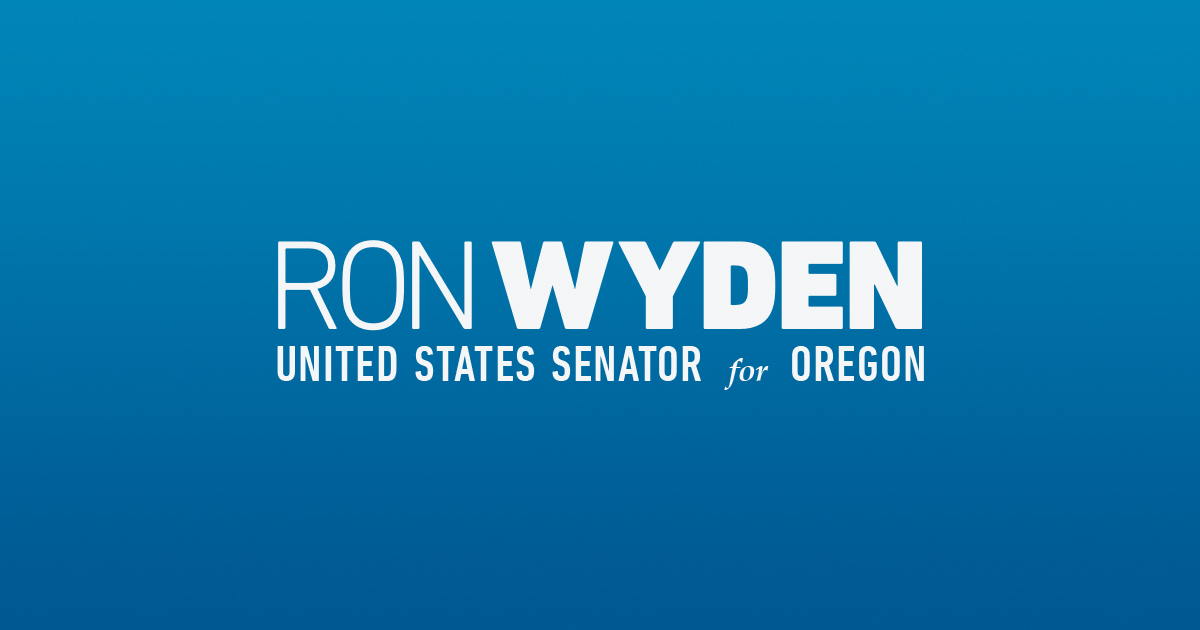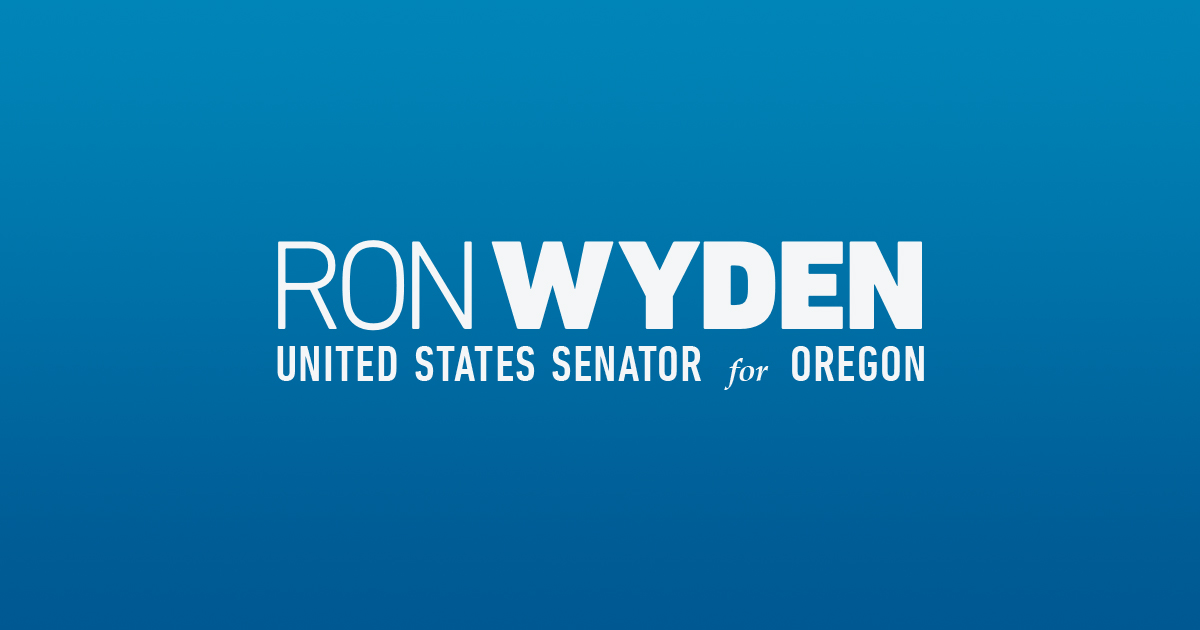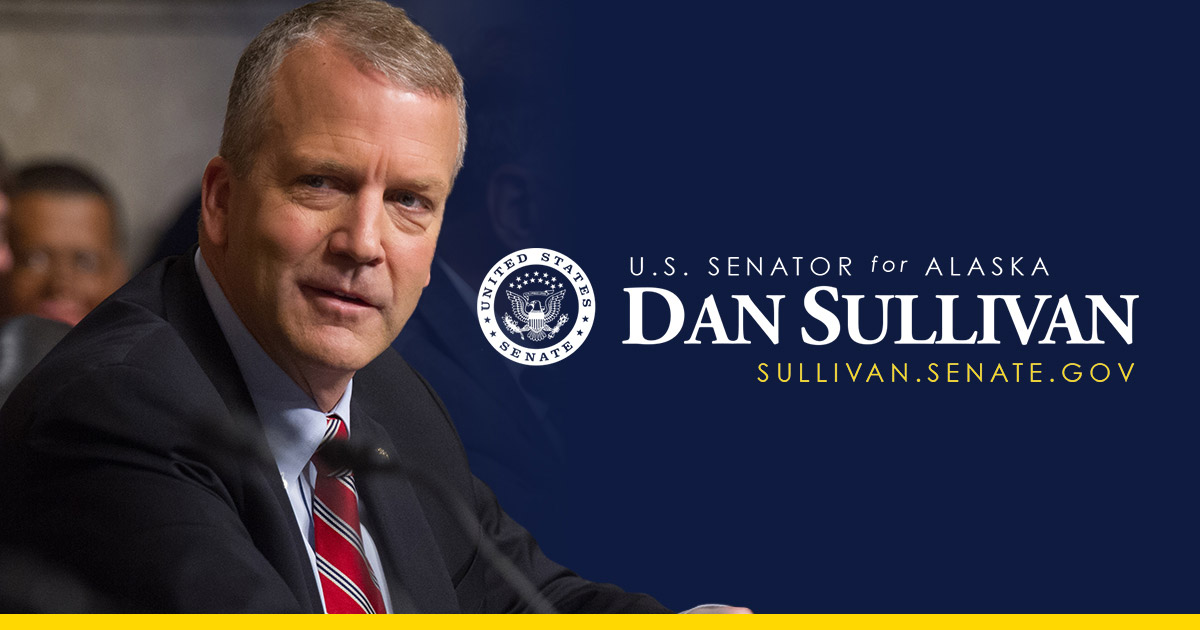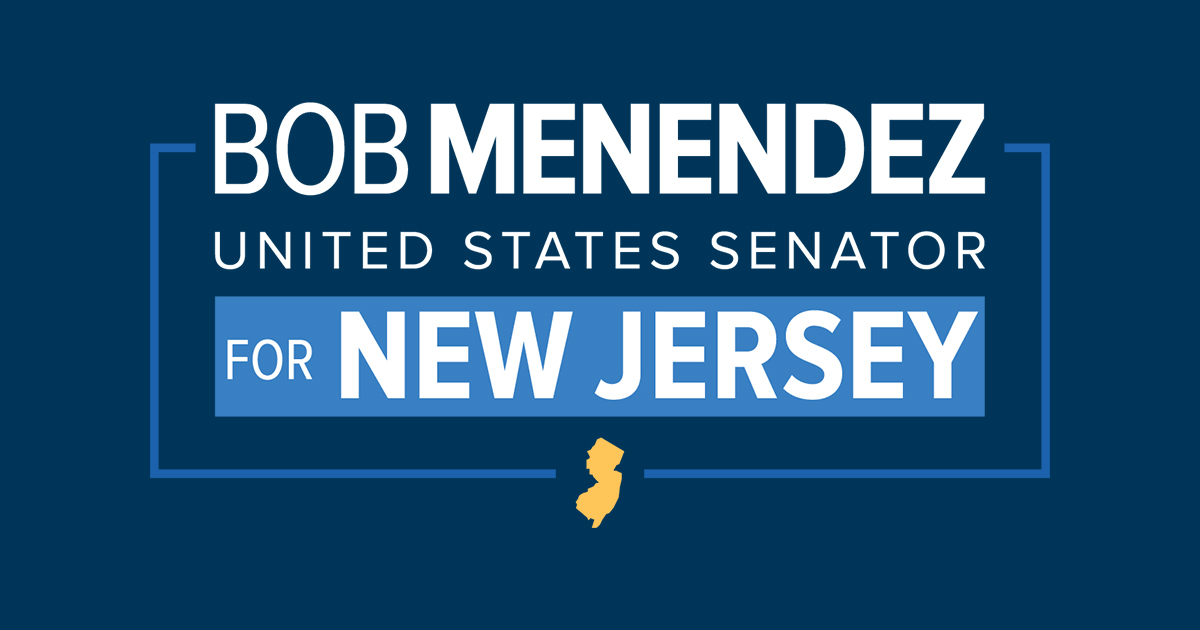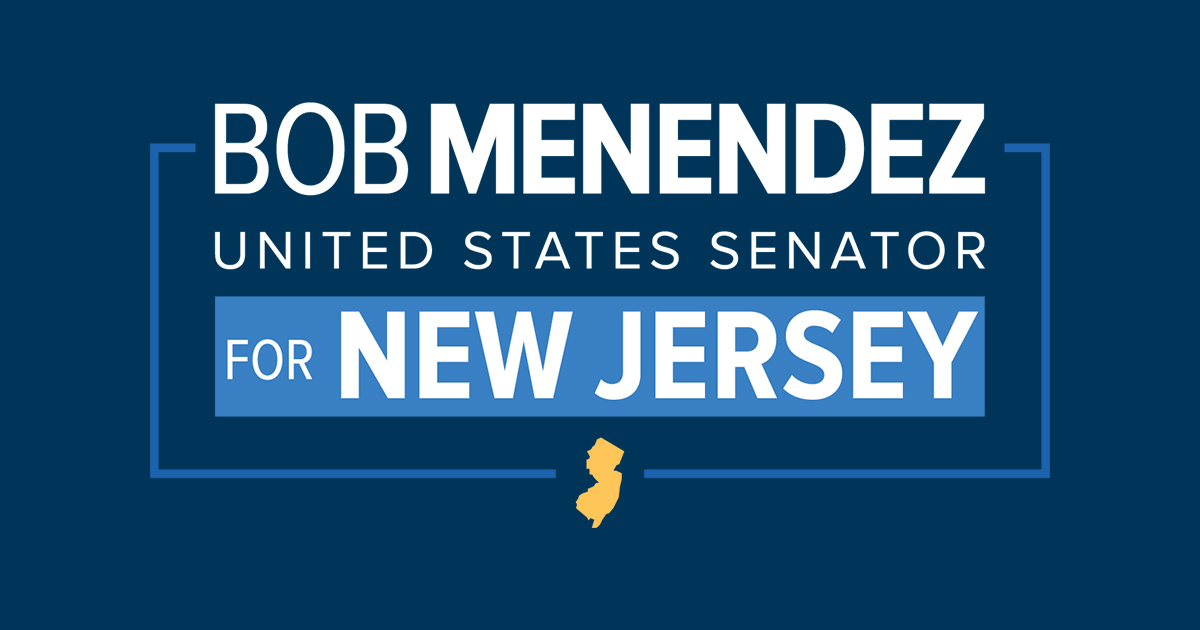Source: United States Senator for South Dakota John Thune
Higher prices have become a fact of life during the Biden administration. This is especially true for energy – in South Dakota, the typical family is paying $112 more per month for energy since President Biden took office. At the same time energy prices are straining family budgets, government policies are straining the energy industry and making our energy supply less reliable. This is no coincidence; it’s the predictable result of the policies President Biden has enacted over the last two and a half years.
From the earliest days of his administration, President Biden has moved to accelerate his vision of a Green New Deal future. His early decisions to cancel the Keystone XL pipeline and pause energy development on federal lands sent a clear message that discouraged domestic production of conventional energy, which led to higher prices for American families. With the help of Democrats in Congress, the president has also increased taxes and fees on conventional energy producers, which will only drive prices higher.
The president is undertaking these policies with the promise of a transition to clean energy, but his singular focus on transitioning to clean energy is leading to a disturbing trend. Fossil fuel power plants are closing faster than new renewable sources can be brought on line. Plant closures and increased energy demand forecasted during the summer have led to warnings of blackouts across large swaths of the country. Yet, the Biden administration recently finalized a regulation that threatens to close more fossil fuel power plants and further destabilize our electric grid.
I’ve long been a supporter of renewable energy, and I’m proud that South Dakota is a leader in clean energy sources like hydroelectric, wind, and biofuels. But the fact is that we are not yet at a point where we can rely solely on renewable energy. President Biden needs to shift gears and unleash American energy production of both the conventional and renewable varieties.
Republicans have been working to advance policies that would support such an all-of-the-above energy portfolio. One of the ways to do this is by reforming our outdated federal permitting processes that have mired too many projects in unnecessary and costly delays. The recently passed Fiscal Responsibility Act takes important steps toward reducing these regulatory burdens by streamlining government agencies’ reviews and shrinking the timeline for getting projects off the ground. These are meaningful steps, but there’s more that needs to be done to ensure government regulation and spurious legal challenges do not stand in the way of the projects we need to deliver reliable and affordable energy to Americans.
For more than two years now, the Biden administration has demonstrated its hostility to conventional energy with devastating consequences for family budgets, businesses, and the reliability of our electric grid. It’s long past time for the president to recognize the critical role conventional energy continues to play in our nation’s energy supply and embrace a more realistic approach. Continuing to insist on an overly ambitious green energy transition would only further jeopardize America’s energy security.
